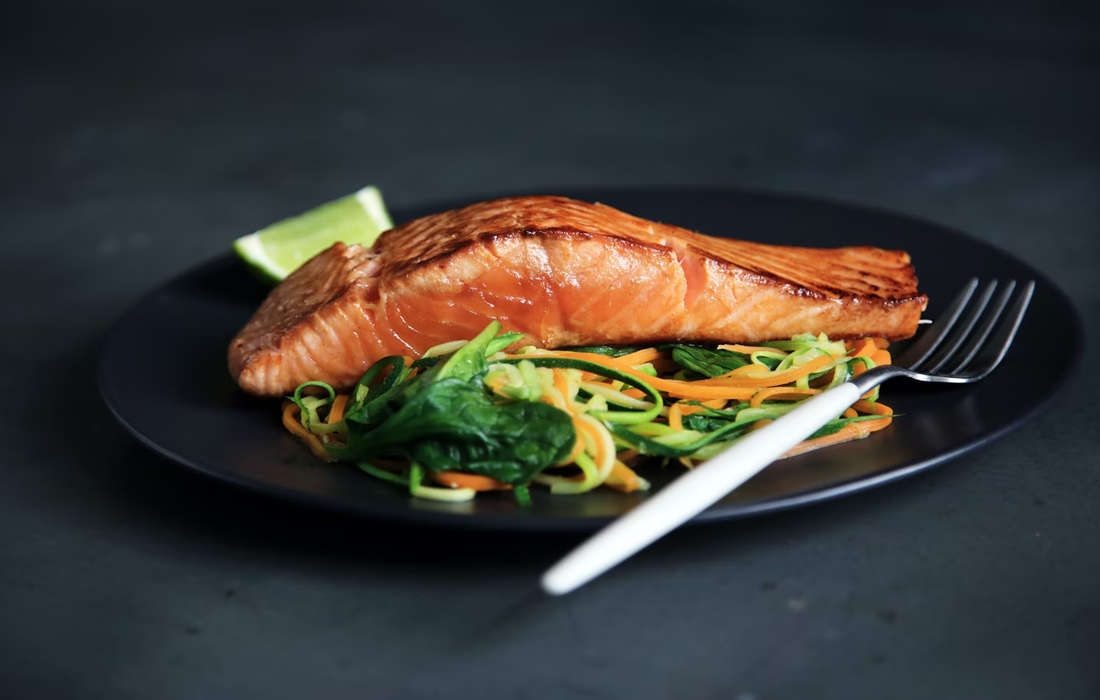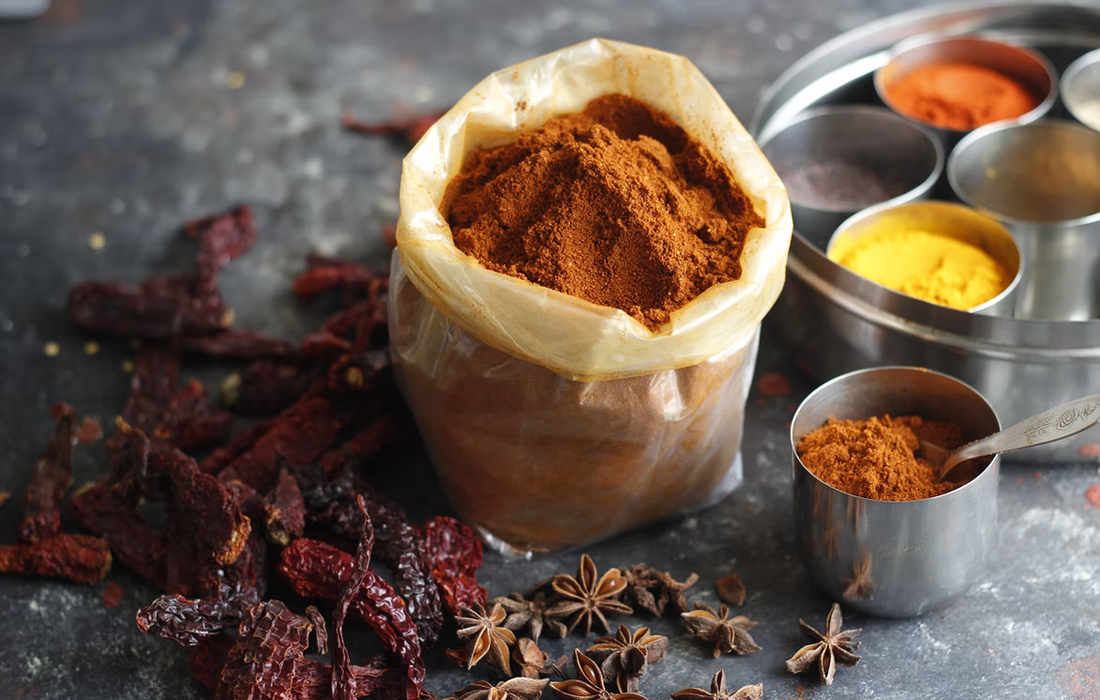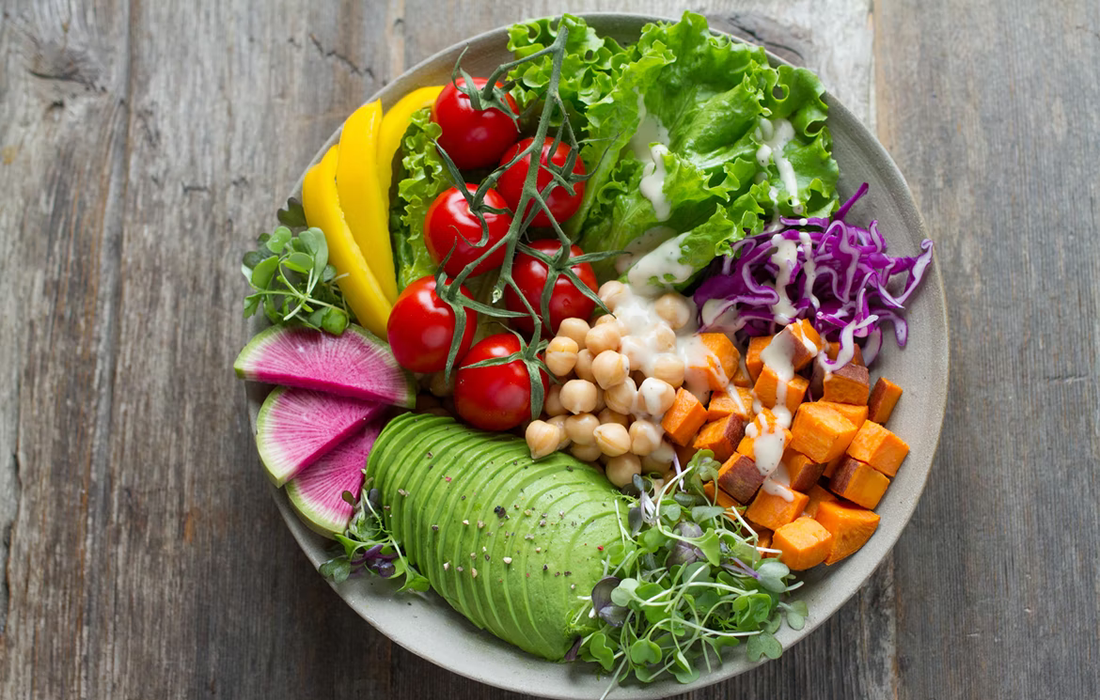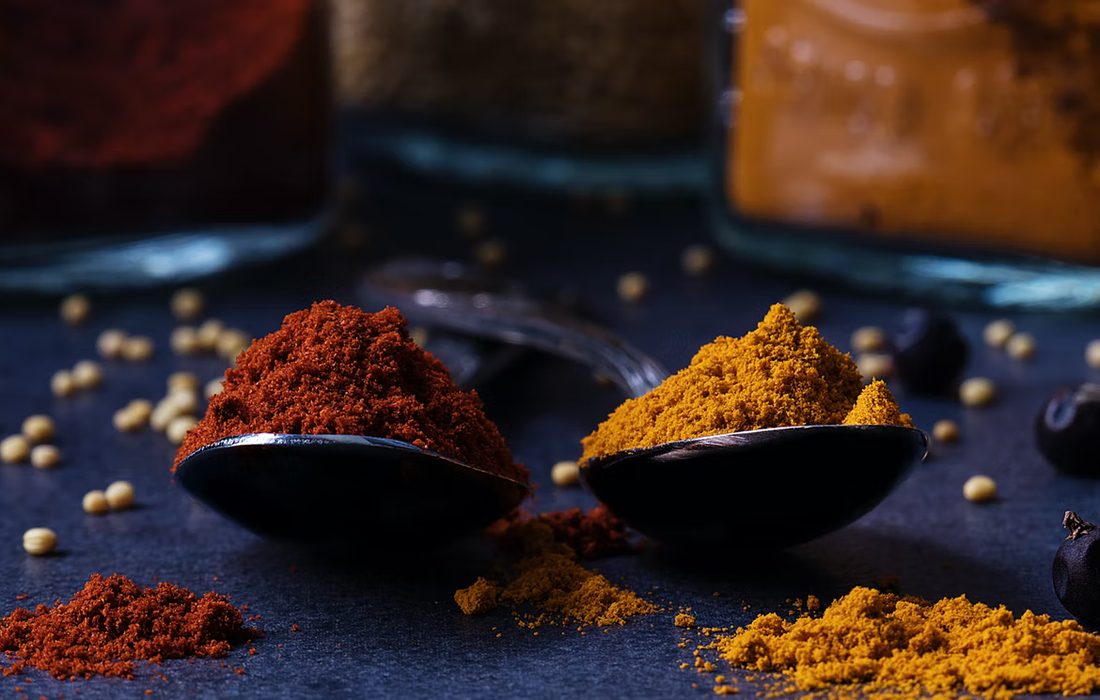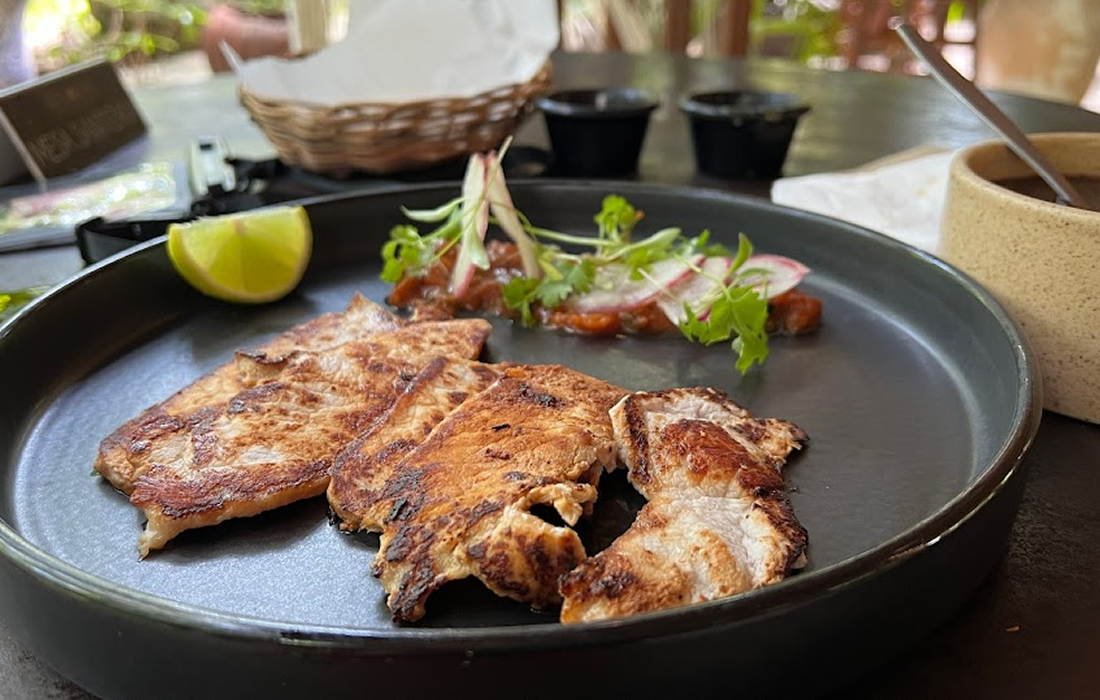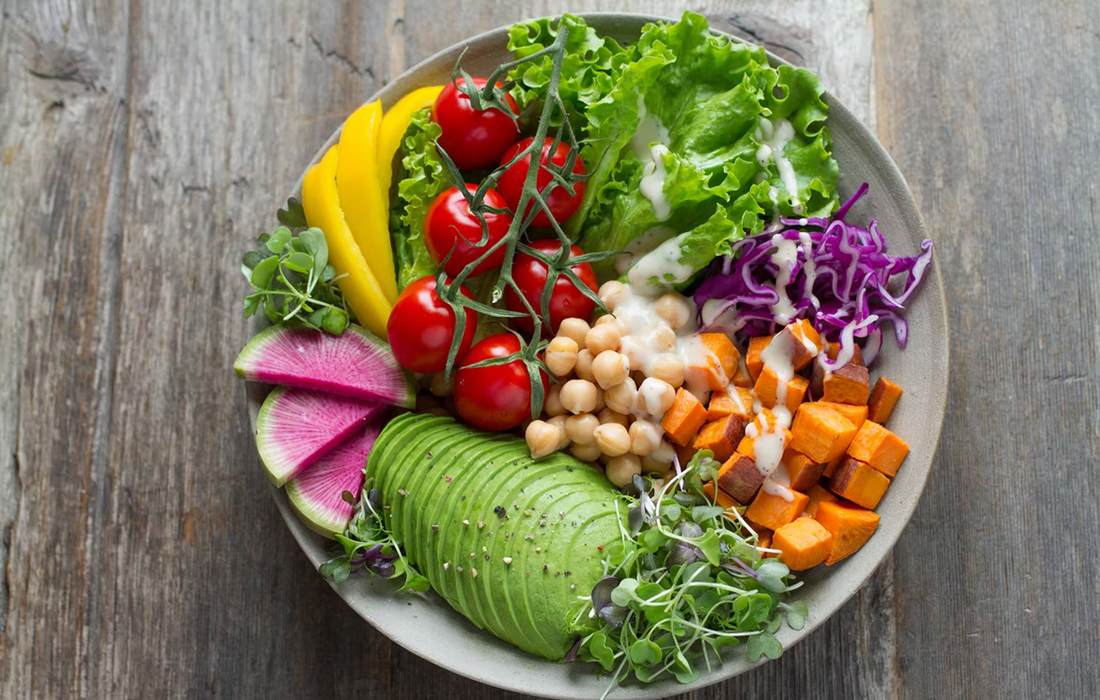As we age, our folate concentration can decrease, leading to a higher prevalence of a threshold-based medical condition termed serum folate deficiency. The highest folate deficiency rates in the population occur among older adults, with estimated prevalence rates ranging from 5% to 20%. There is evidence that suggests that serum folate deficiency increases the likelihood […]
Category Archives: Nutrition and Supplements
Studies have suggested that consumption of diets containing fruits, vegetables, fish, nuts and whole grain reduce the risk of cardiovascular disease and type 2 diabetes. Some diets like the Mediterranean or the DASH diets, which consist of many of these healthy food components, substantially improves several risk factors such as insulin resistance, blood lipid profile […]
Having an advanced age is the largest risk factor for impairde mental and physical function and many non-communicable diseases including cancer, neurodegenerative diseases, type 2 diabetes, and cardiovascular disease. DNA methylation is the addition of a methyl group to cytosine residues at selective areas on a chromosome. This process can readily and cheaply be mapped […]
Curcumin is a polyphenolic compound isolated from the roots of Curcuma longa, from which turmeric is prepared and used widely as a coloring agent, food additive and traditional Indian and Chinese medicine. For decades curcumin and related bioactive curcuminoids have been the center of interest of scientific studies worldwide into their therapeutic potentials. One of […]
Autoimmune diseases are a host of conditions characterized by an abnormal immune response against normal tissues of the body. There are about 100 autoimmune diseases, and they are estimated to affect at least 3-5% of the population. The etiology is still unclear, both genetic and environmental factors are recognized to play key roles in the […]
Chinese Traditional Medicine According to practitioners of traditional Chinese medicine, rehmannia glutinosa, a wild herb also known as Chinese foxglove, can balance the yin. The herb grows in parts of northern and northeastern China, and has been used in medicine for over 2,000 years. Its thick brownish-black roots are usually harvested in the fall and […]
“Ketogenic” is a term for a low-carb diet (like the Atkins diet). The idea is for you to get more calories from protein and fat and less from carbohydrates. You cut back most on the carbs that are easy to digest, like sugar, soda, pastries, and white bread. When you eat less than 50 grams […]
What is Curcumin? Curcumin, also called diferuloylmethane, is a natural polyphenol found in turmeric, a spice that has received much interest from both the medical/scientific worlds as well as from the culinary world. Turmeric has been traditionally used in Asian countries as a medical herb due to its antioxidant, anti-inflammatory, antimutagenic, antimicrobial, and anticancer properties. […]
After we ingest food the insulin concentration increases and by doing so, glucose intake and oxidation in peripheral tissues happen. Insulin also activates lipoprotein lipase which promotes the storage of dietary fat in adipose tissue. When we fast, the plasma levels of insulin decrease, which results in lipolysis, a shift from glucose to fat oxidation […]
Cancer is among the leading causes of death worldwide. In 2018, there were 18.1 million new cases and 9.5 million cancer-related deaths worldwide. By 2040, the number of new cancer cases per year is expected to rise to 29.5 million and the number of cancer-related deaths to 16.4 million. It has been hypothesized that vegetarian […]


